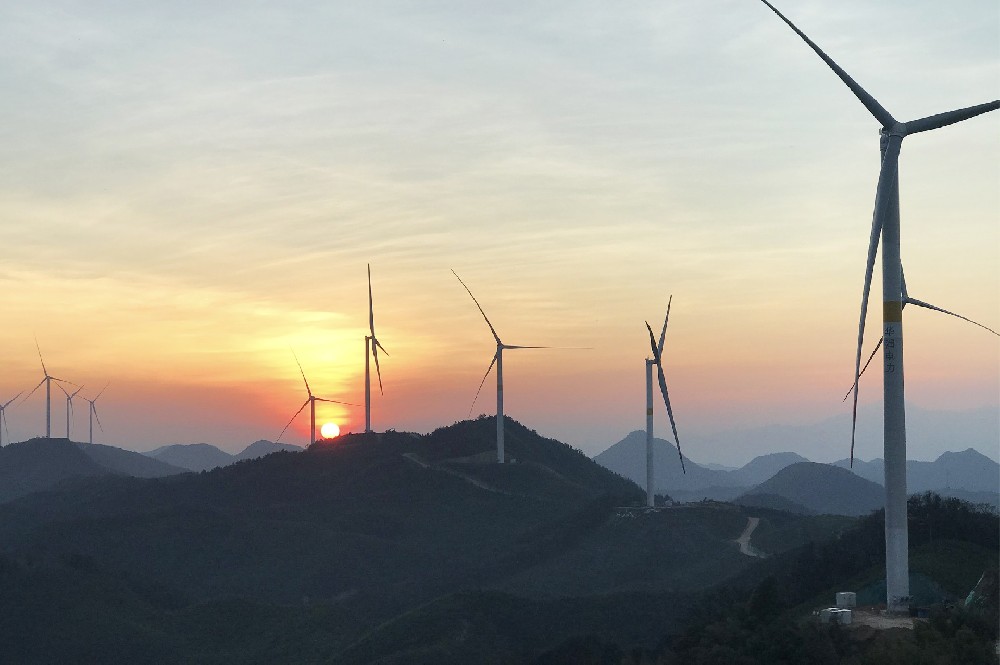According to media reports, the Southeast Asia Iron and Steel Association (SEAISI) estimates that steel demand in the region will increase by 3.7% year-on-year to 76.5 million tons in 2024.
The institute said at a dedicated conference that the reported growth rate was lower than previously expected due to high global inflation risks, price volatility and slowing demand in China
and many other regions.
According to SEAISI, steel demand in the six major countries of the Association of Southeast Asian Nations (ASEAN-6) fell 1.9 percent last year from a year earlier to 73.5 million tons. Steel
production in the same period fell 2.1 percent year-on-year to 49.4 million tons, while net steel imports in 2023 fell 1.3 percent year-on-year to 24.3 million tons.

The main factors behind the decline in the region's steel industry last year were falling external demand, high inflation and interest rates, and tightening global financial markets.
That has led to a slowdown in construction and a sell-off of steel mills' inventories. Last year, steel demand in Malaysia, the Philippines and Vietnam fell 14 per cent, 7.5 per cent
and 4.8 per cent year-on-year, respectively, negatively impacting regional industrial performance, while steel demand increased in Singapore and Indonesia.
With strong private consumption, infrastructure and construction projects, a recovery in tourism and inflation rates close to the target range, the six ASEAN governments are optimistic
about achieving their economic growth targets, and steel demand in the region is expected to increase in 2024.
However, the region will continue to be challenged by supply chain uncertainty due to geopolitical tensions, weaker ASEAN currencies (with some exceptions), slowing economic growth
outside Southeast Asia, volatile commodity prices, and extreme weather conditions.
As the GMK Center reported earlier, the ASEAN steel industry needs government support, financing and technology to survive and remain competitive in the face of the global decarbonisation
movement. The region already has overcapacity, and it's going to get worse.

